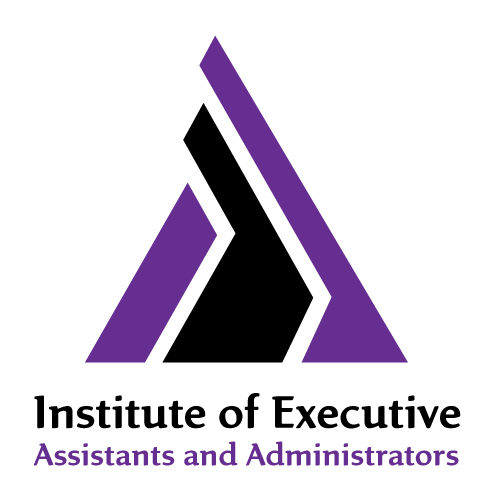The right skill set can make a difference in job searches. Putting a CV can lay claim to knowing how to use MS Word but few actually have the advanced skills. Professional secretarial duties require high-level administrative support. All Secretaries and similar roles need candidates with advanced Word qualifications.
Advanced Word skills
An advanced qualification in MS Word means that a user can:
- Design and create forms and templates.
- Design and create electronic forms.
- Use mail merge to create recipient lists, mailing labels and configure Outlook to send merged emails.
- Manage large documents by creating master and subdocuments.
- Create and manage bookmarks, footnotes, endnotes and a table of contents.
- Use the tracking features of MS Word to enable revision in a document
- Understand Macros in MS Word and how they work to automate repetitive tasks.
- Importing, exporting and embedding to/from MS Word to other Microsoft Office programs.
These skills, in addition to Basic and Intermediate level operation, are a minimum requirement for a number of professional careers and job openings.
What kinds of jobs require an advanced Word skill qualification?
The requirement for advanced training in MS Word is a basic minimum for a number of professional legal support roles as well as academics, PAs and secretarial positions.
Legal administration jobs such as legal secretaries, paralegals and PA’s require candidates to work with complicated legal documents and formal letters; each having specific structures and complex auditing procedures.
The recruitment process for commercial roles for secretaries and PA’s also favour candidates that can demonstrate advanced Word skills. Business communications, particularly in larger organisations, extend to the production of large documents across a number of contributors. The ability of an administrator to track these changes and maintain control over such documents is essential.
![]()
In the academic world, no document could be considered complete without extensive footnotes, endnotes and a robust and reliable indexing structure. Anyone working in this field will need a comprehensive understanding of MS Word in order to complete their duties.
As well as legal administration, jobs in marketing, sales and advertising all benefit from this level of training. In fact, few companies offering roles in any kind of administrative work rarely require anything less than an intermediate knowledge of MS Word. Self-employed and entrepreneurs can gain from Advanced Skills. The IEAA offers training courses geared towards Executive Assistants and Administrative professionals, click here for more details.
How can you get trained to an advanced level in MS Word?
Your company may offer training so it is a good idea to enquire if this is available when you are in a job and Word is relevant to your role. If continuous professional development isn’t available then you can always invest in taking a course in Advanced MS Word with either an online training partner, the part-time course at a local adult learning college or via a local Microsoft Training Partner. Courses usually take two days to complete and cover all of the essentials. It is recommended that you are already trained to an intermediate level before booking a course. Find out about all types of Word Training Courses.
